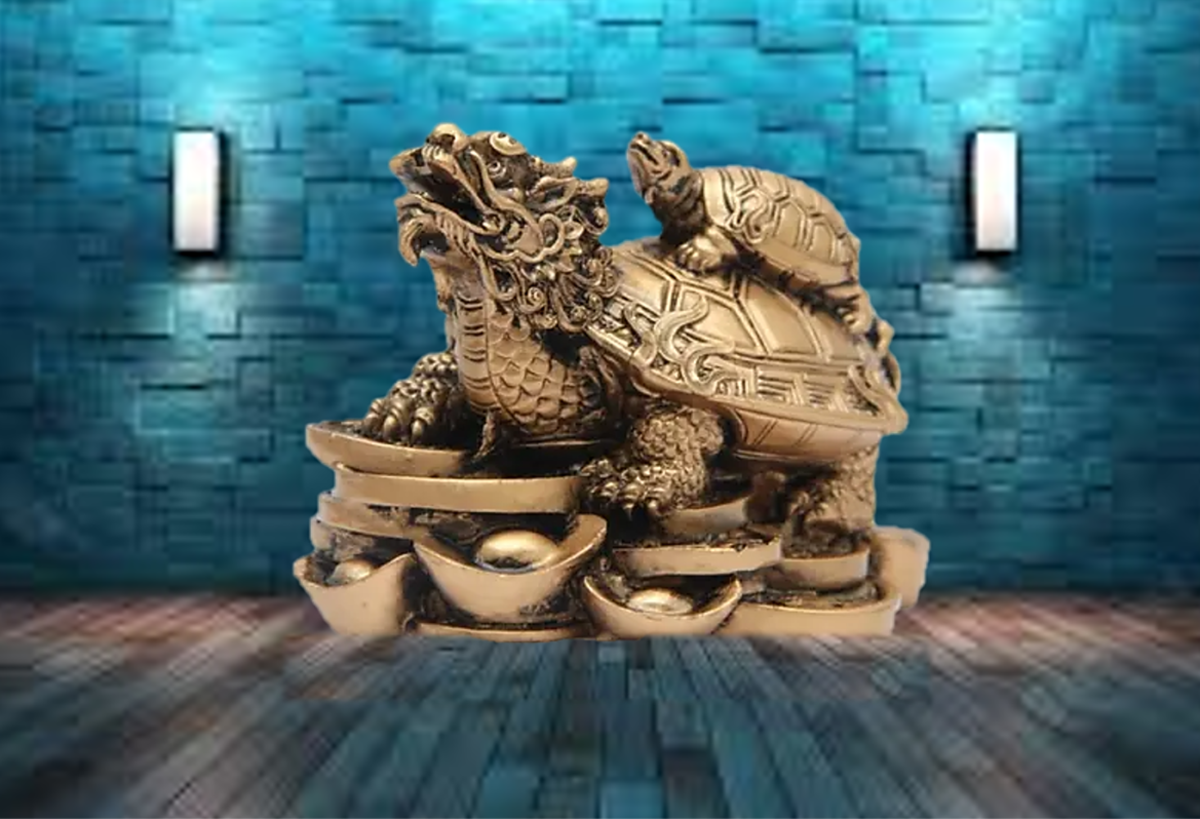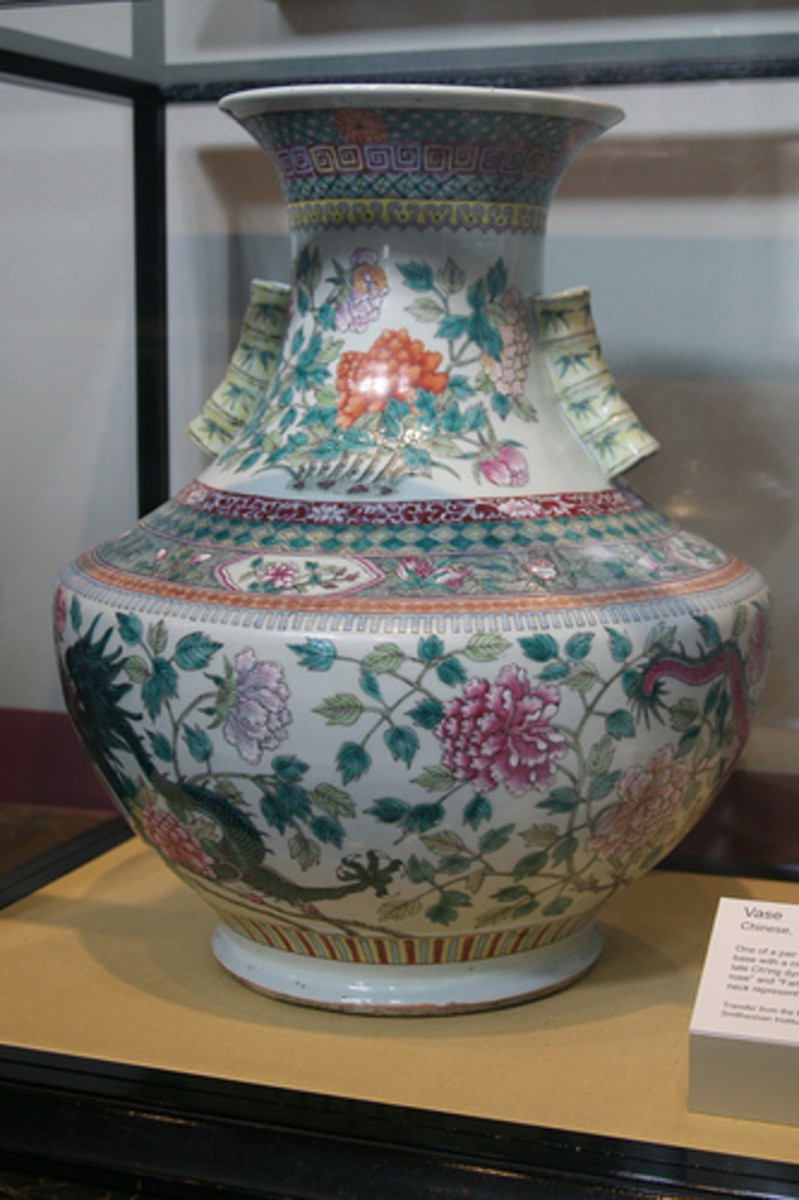Feng Shui (Divination And Geomancy) : Facts Or Fantasies

Living In Harmony With The Elements Of Nature
This article is not about expert advices on “feng shui“. It is about the facts and fantasies of “feng shui“. “Feng shui” is about the Chinese science of divination. Or is it an art? Or is it both? The term “feng shui” literally means “wind water” in Mandarin Chinese. In Chinese, this term “feng shui“ encompasses the proper harnessing of the environmental elements for successful living. The Chinese believe that the external forces of nature influence one’s life. Living in perfect harmony with these elements of nature will enhance the overall well-being of the person. Now the question is : What is this perfect harmony? It is up to the interpretation of the so-called “feng shui“ masters. In all seriousness, Chinese “feng shui“ divination involves a very detailed and complex set of principles with the aid of divination paraphernalia to arrive at certain decisions. “Feng shui“ has been practiced for thousands of years by the Chinese. Obviously, there must be some truth and credence to this. Otherwise, “feng shui“ would have disappeared a long time ago.
In a very serious form, if one were to follow the principles of “feng shui“ to the letter, one would not have the time to live one’s life. Every second of one’s life would be dictated by “feng shui“ principles; this you cannot do, that you must not do, the timing is not right, you must not wear this dress with that color, blah, blah, blah!!! You will virtually be a slave of “feng shui“ principles. Like anything else, moderation is the key to living a happy life. Just like taking some health supplements may help prevent illness and maintain a healthy life; an overdose of these supplements may prove fatal!
HSBC Building (Hong Kong)

Some People Are Dead Serious About Feng Shui
To many Chinese, following the principles of “feng shui“ is a very serious matter. This is especially so in terms of building construction and interior design. Many iconic buildings in Hong Kong are precisely guided by “feng shui“ principles. One such building is the HSBC Building, facing an uninterrupted view of Victoria Harbour with the wide expanse of the sea. Sea is water, and water in “feng shui” principle means wealth. Even the placement of the two bronze lions in front of the building was done only after extensive consultations with “feng shui” master experts.
These “feng shui“ adherents will spend huge amounts of money in “feng shui“ consultation, not to mention the expensive “good-luck” paraphernalia to adorn their dwellings. Their lives are crucially dictated by the interpretations of what good-luck is and what is not.
What About For The Average Person
For the average person, there are certain common “feng shui“ principles that may be of interest to them. In “feng shui“ principles, the precise timing of doing important things is most crucial. A seemingly lucky undertaking if done at the wrong timing may prove disastrous. There is this story of an auspicious burial site in China. The Chinese are very particular about choosing the most “auspicious” burial plots for their deceased relatives. It is in fact an irony that you will find Chinese cemeteries located at prime sites, especially on higher grounds overlooking the wide expanse of the sea, while the living are sardine-packed in high-density high rise buildings! The Chinese term “Sit on hill, look at sea” is the yardstick to find an auspicious burial plot.
The story goes like this. There were two families in a very remote village of China. Incidentally both the patriarchs of these two families passed away about the same time. Both the family members knew about a specific burial plot that was the most auspicious and which would bring good luck and good fortune to the family and descendants of anyone who would be buried there. One family tried to outsmart the other. Instead of prolonging the wake period, they immediately made secret arrangements to bury their dead. After the job was done, they happily informed the village headman. What the village headman had to say, completely devastated the bereaved family members.
The village headman sternly apprehended them, “What you have done was tragic. Due to your utter ignorance and selfishness, you and your descendants will be cursed for life. Misfortune and sickness will haunt you and your descendants for three generations to come. You know what you had done? You have buried your relative at the wrong time when negative forces were waiting to enter the plot. Although the plot was auspicious, this does not prevent bad “chi” (forces) from entering it at the exact appropriate time, and that was when you buried your relative. “
What is the moral of the story? “Feng shui“ is a double-edged sword. Don’t play with fire. Wrongly applied may lead to tragic consequences. Another warning is that excessive obsession with “feng shui” may bring havoc to your life, let alone burn a big hole in your pocket!
Some Common Feng Shui Principles Regarding Buildings
Building that faces a junction invites bad vibes.
As a Chinese, I am also being ingrained with some of the more common “feng shui” principles. However, being a Buddhist, I try to be practical and most times just ignore these so-called principles. Sometimes, it is not a matter of wanting to believe in them but for practical consideration. For example, it will be more difficult to sell a house facing a junction, and the value will also be less compared with similar houses not facing junction. I have personal experience on this issue. So if one is living in a society that places importance on “feng shui”, then one has to weigh the commercial consequences especially on land and buildings. It’s no point knocking one’s head on the wall by being stubborn and non-conforming. Again it is a matter of interpretation. “Feng shui” principle states that bad vibes will enter through the open junction. Why can’t we interpret that bad vibes from the house will be purged through the open junction, and good vibes will be able to enter the house more easily?
Building with history of tragic incidents should be avoided.
The main consideration to most people on “feng shui” is regarding their homes. Their contention is that the home is the base of one’s life. If the house has no good “feng shui”, then their lives will be adversely affected, especially health and wealth. My own believe is that certain location may bring bad vibes. It is not uncommon to witness different owners living in the same house at different times experiencing consistent problems and troubles. Isn’t it eerie and creepy to live in a house where suicide or mass murder has occurred? This is “feng shui” for me.
Building built on a triangular-shaped land brings bad luck.
It is believed that the occupants will be stabbed by the three sharp points, bringing bad luck and ill health. Why can’t we take the stand that the three sharp points act as our weapons to ward off all evil “chi” (forces), thus protecting us from harm?
Building that faces a wider frontage than its back leads to bad consequences.
The Chinese consider this as “good beginning but bad ending”. Why can’t we say “good beginning with no bad ending because the narrower back prevents all the good from escaping?
Building located at a cul-de-sac leads to dead end.
If you live in a cul-de-sac, you are going nowhere in life. So says “feng shui” principle. You are trapped. Whatever you do will end in failure, for there is no outlet for success. Your road to success is blocked. Or can we turn around and assure ourselves that the “dead-end” is the receptacle for storing all the successes that are to come?
And if your address is 4 or ends in 4, you are dead! Worse still if it is 14!
The Chinese has this “4” phobia, for they said it sounds the same as “dead” in Chinese. And if “14”, then “sure die” because that is the meaning. Ironically, if you change the intonation, “4” becomes “yes”! It is a case of the specter of fear overwhelming anything else!
Enough Of “Feng Shui”
All my life, being a Buddhist, I am not into “feng shui”. Many people wrongly associate “feng shui” with Buddhism. “Feng shui” is purely Chinese in origin, while Buddhism is the teachings of the Buddha, who was a northern Indian. “Feng shui” is about harnessing the positive energies of nature to enhance one’s well-being. Buddhism is about cultivating the mind to experience inner peace and happiness. I choose Buddhism.
My Own Feng Shui Principles
Funny, I am indeed cynical. I don't follow "feng shui" principles, but I have my own "feng shui" idiosyncrasies. I avoid pointing sharp objects at others, as I don't want sharp objects pointing at me. The classic instrument is the knife. I think it is this psychological feeling that the knife is going to hurt me. Likewise I always make sure that all my cutlery don't point at me. I also make sure that door ends do not point at me too. I think all these taboos are also found in "feng shui" principles.
Another very special taboo that I avoid is to place the back of my hand or my lower arm on my forehead while lying down or sleeping. A fortune teller once advised an uncle of mine not to do this because it blocked energy flow to and from the forehead. I was a little boy then, but the advice stuck on my mind the very second I heard that. I don't know why, but to me this seems very logical.
Well, do you have any funny "feng shui" principles to share?
Copyright © Justin Choo. All Rights Reserved.
Do You Believe In Feng Shui
Do you believe in feng shui?
What is Feng Shui?
Link To My Other Interesting And Beneficial Articles
If you find this article interesting or beneficial, you may go to my "Profile" page to read my other articles by simply CLICKHERE:
By the way, the copyright to this article is owned by Justin Choo (a.k.a. Good Guy). Please do not “copy and paste”! Thank you.








